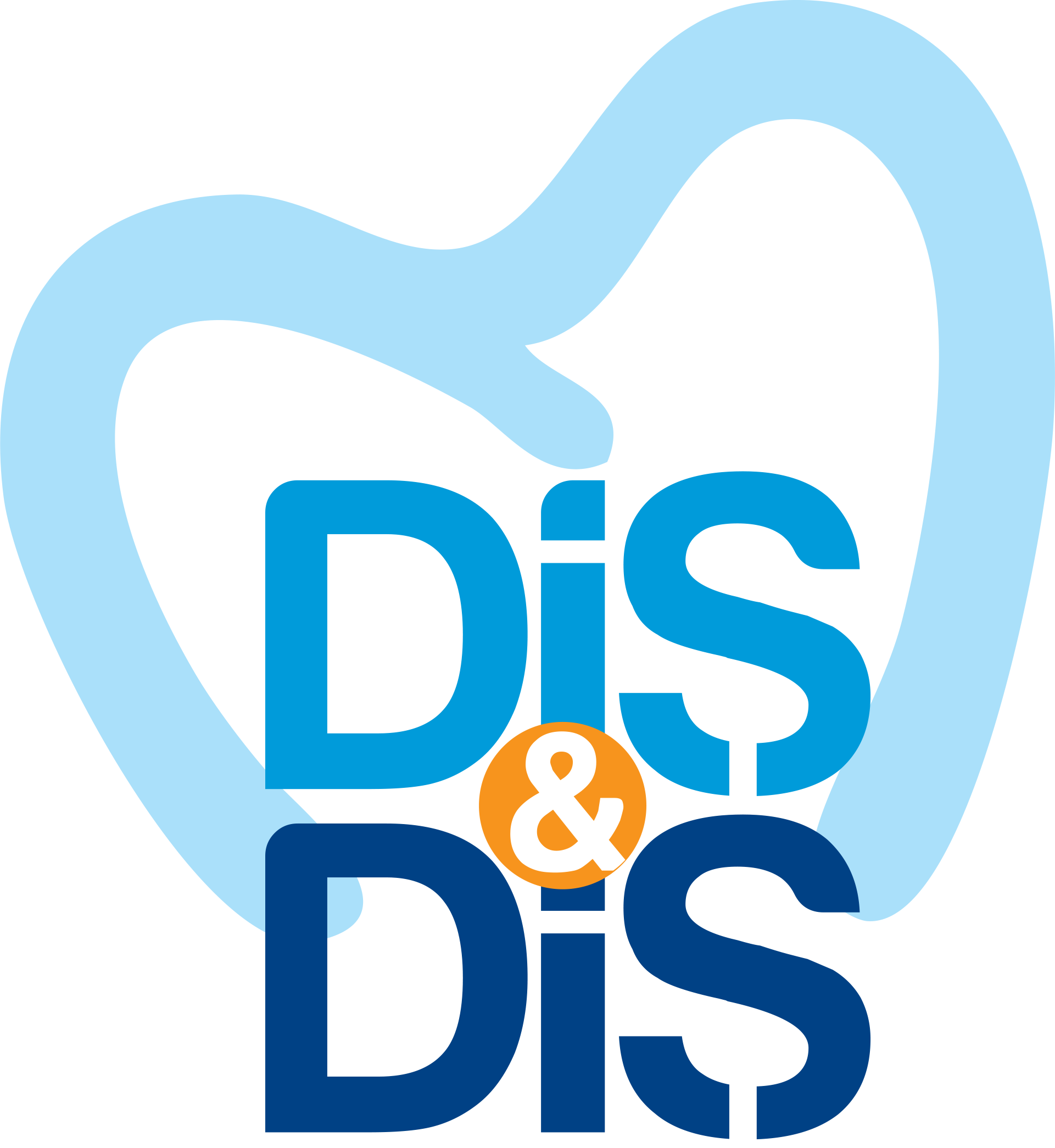TMJ disorders refer to a group of conditions that cause pain and dysfunction in the jaw and the muscles that control its movement.

T.M.J. (Jaw appendages Disorders)
TMJ, or temporomandibular joint, disorders refer to a group of conditions that affect the jaw and the muscles that control its movement. These disorders can cause pain and dysfunction in the jaw, face, and neck.
Symptoms of TMJ disorders can include pain or tenderness in the jaw, clicking or popping sounds when opening or closing the mouth, difficulty opening the mouth, and headaches. In some cases, individuals may also experience ear pain, dizziness, or ringing in the ears.
Treatment for TMJ disorders can include a combination of self-care measures, such as eating soft foods, practicing relaxation techniques, and applying ice or heat to the affected area, as well as medication, physical therapy, and in some cases, surgery.
If you are experiencing symptoms of TMJ disorders, it is important to consult with a qualified healthcare professional to receive an accurate diagnosis and appropriate treatment. With the right treatment plan, most individuals can find relief from TMJ-related pain and dysfunction and improve their overall quality of life.
